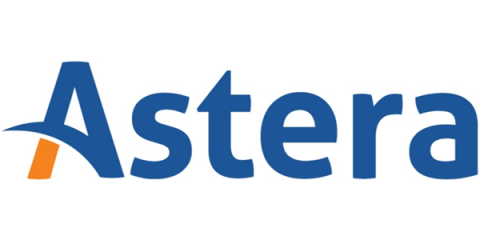Artificial Intelligence vs. Intelligent Automation: What's the Difference?
AI injects “intelligence” into automation, enabling systems to execute tasks, comprehend complex data, make informed decisions, and learn from outcomes. Unlike technologies such as robotic process automation (RPA), which follow predetermined rules, AI leverages data to evaluate situations and determine the best course of action. Now that we've explored how AI augments traditional automation tools, let's delve deeper into the realm of intelligent automation.










